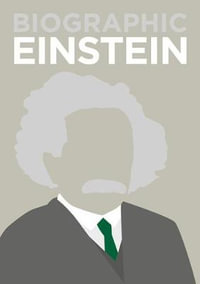
What Do You Think You Are? The Science of What Makes You You
The Science of What Makes You You
By: BRIAN CLEGG
Paperback | 7 January 2021
At a Glance
Paperback
RRP $23.99
$23.75
Aims to ship in 7 to 10 business days
ISBN: 9781785786600
ISBN-10: 1785786601
Published: 7th January 2021
Format: Paperback
Language: English
Number of Pages: 288
Audience: General Adult
Publisher: Icon Books
Country of Publication: GB
Dimensions (cm): 1.8 x 12.9 x 25.8
Weight (kg): 0.23
Shipping
| Standard Shipping | Express Shipping | |
|---|---|---|
| Metro postcodes: | $9.99 | $14.95 |
| Regional postcodes: | $9.99 | $14.95 |
| Rural postcodes: | $9.99 | $14.95 |
How to return your order
At Booktopia, we offer hassle-free returns in accordance with our returns policy. If you wish to return an item, please get in touch with Booktopia Customer Care.
Additional postage charges may be applicable.
Defective items
If there is a problem with any of the items received for your order then the Booktopia Customer Care team is ready to assist you.
For more info please visit our Help Centre.








